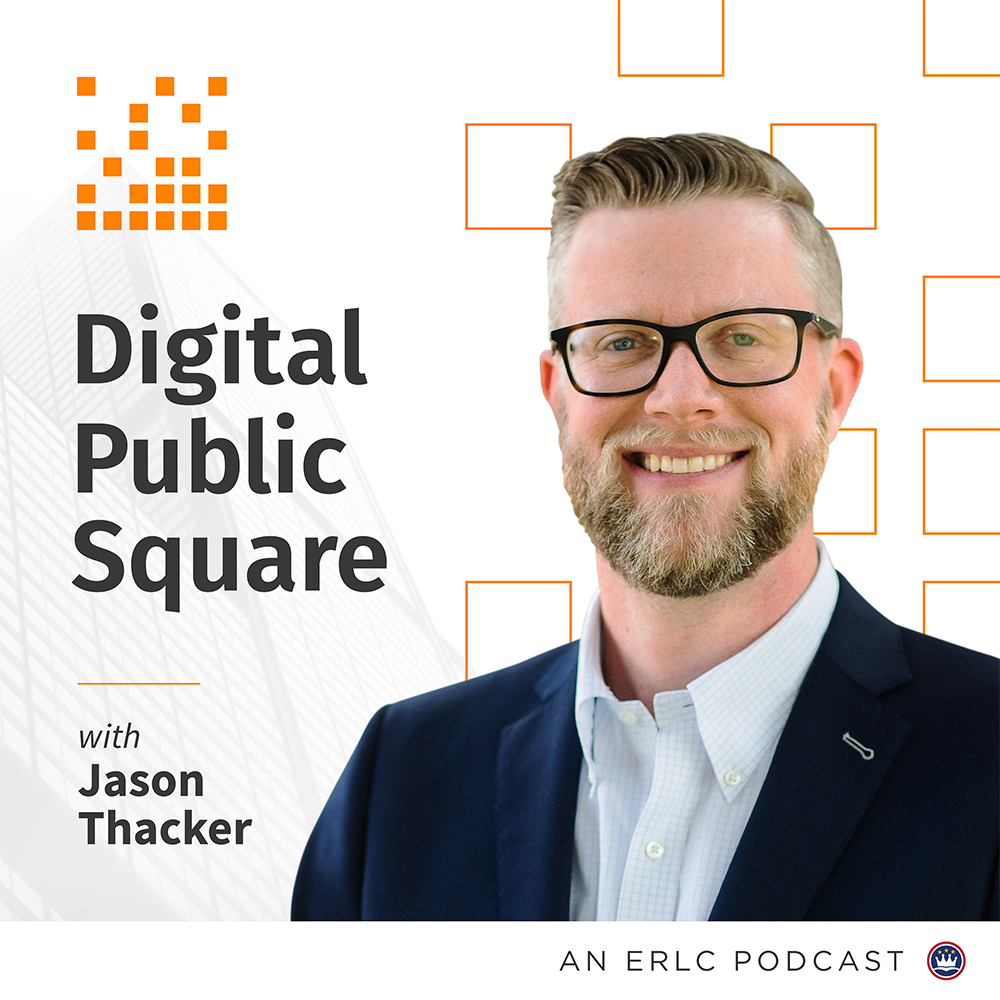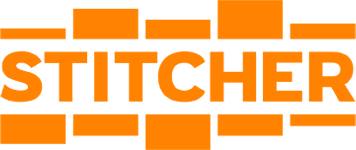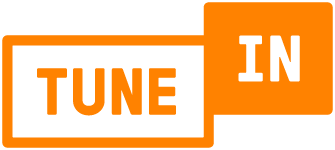One of the hidden blessings of 2020 has been the ability to rethink our routines and habits. Some have picked up new hobbies while others have decided to rethink how they approach technology, news, and social media. Early in the pandemic, I decided to try intentionally to get my news from sources outside of social media as a way to combat the constant churning of my social media feeds which are often full of unhealthy obsessions with controversy, underdeveloped stories without context, and a good bit of fake news.
This year, I subscribed to a few different print magazines and email newsletters that I attempt to read through each week. One that I have particularly enjoyed is The Economist because it forces me outside of my comfort zone at times and allows me to gain a global perspective on news and culture. Truthfully, I am not always successful at avoiding the hamster wheel of social media, but these little shifts in my news intake have really helped me so far. One of the most consequential issues that I have read a good deal about recently is the rise of what is called digital authoritarianism and how this movement impacts how we think about matters like international human rights.
The Rundown
Trump approves TikTok deal. But big questions remain – CNN
Last week, not long after President Trump initially rejected a partnership between Oracle and ByteDance over U.S. operations of TikTok, the President said that the deal had earned his blessing. This deal is significant because it gives these American organizations ownership of the data the app collects from U.S. citizens, reducing the risk of the CCP obtaining and wielding such information for their own means.
TikTok says coordinated attack behind suicide clip uploads – ABC News
Despite TikTok’s concerted efforts to remove a graphic suicide clip from their platform a few weeks ago, the video kept resurfacing. The company says an internal investigation revealed a coordinated effort was behind the traumatizing posts. Disturbing stories like this one should remind us of the harmful content that exists on the internet. This should motivate us to be cautious and vigilant in our online activities.
A new lawsuit may force YouTube to own up to the mental health consequences of content moderation– The Verge
YouTube employees are seeking compensation for the stress induced by the daily task of viewing and removing countless disturbing and violent videos. Platforms like Youtube and Facebook are again facing a decision between relying more on algorithm-based moderators, which will result in the unintentional suppression of harmless speech, or on human moderators, which will result in emotional and mental health issues for employees.
Facebook shuts down 150 fake Chinese accounts– BBC
Facebook has banned a network of 150 fake profiles with a cumulative following of 130,000 individuals. These accounts were found distributing Chinese propaganda and posts pertaining to the upcoming U.S. presidential election. Even as social media platforms crack down on fake accounts posting false information, users should still practice discernment on these sites.

Digital Public Square Podcast with Jason Thacker
Conversations on theology, ethics, and philosophy in the public square


